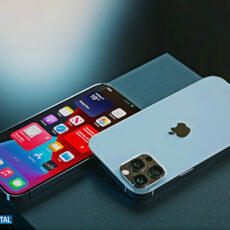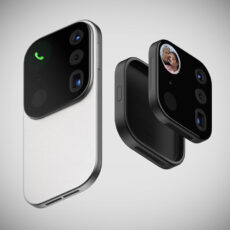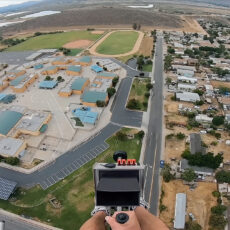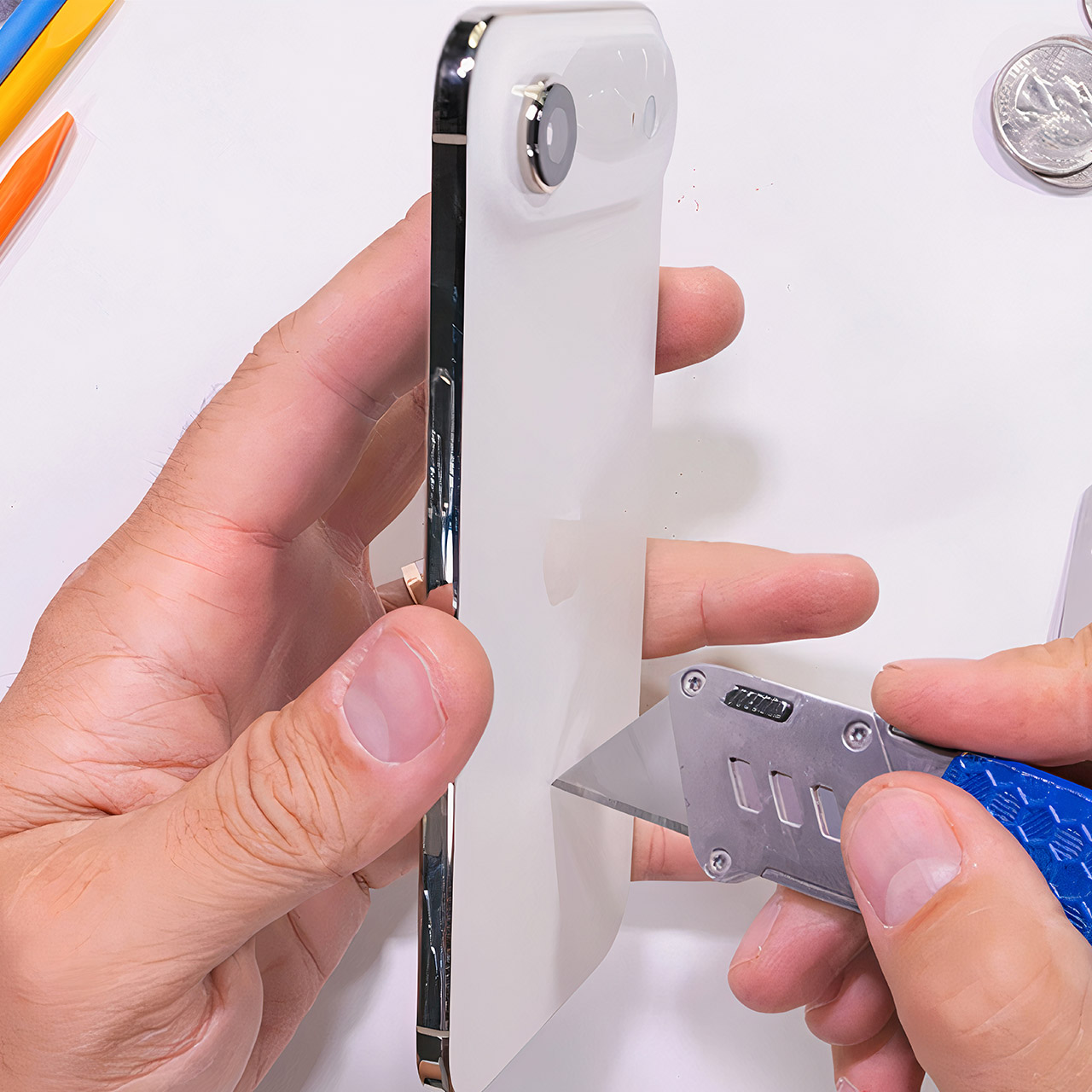
Zack Nelson, the mastermind behind JerryRigEverything, has a reputation for putting smartphones through their paces, and Apple’s new iPhone Air—its slimmest design ever at 5.6mm—just got put to the test. Fans of Nelson’s YouTube channel know what to expect: scratches, flames, and bends that test equipment to their limits.
Apple’s decision to use a grade 5 titanium frame for the iPhone Air sets the stage for a phone that’s both futuristic and durable. Nelson comments on its lightness, comparing it to a single Oreo wafer or three wooden toothpicks. That’s thin enough to fit into even the tightest of pockets, but raises questions about durability. Titanium is twice as stiff as aluminum and 60% more elastic, so it can flex without bending. This material combined with Apple’s new Ceramic Shield 2 glass means this phone is supposed to be durable. But promises are one thing, and Nelson’s tests are another.
- The camera control button is covered by a thin TPU layer, providing protection while maintaining functionality.
- Hybrid PC and TPU structure with Air Cushion Technology to achieve a slim but durable design
- Infused with DuraClear blue resin for long-lasting, anti-yellowing clarity
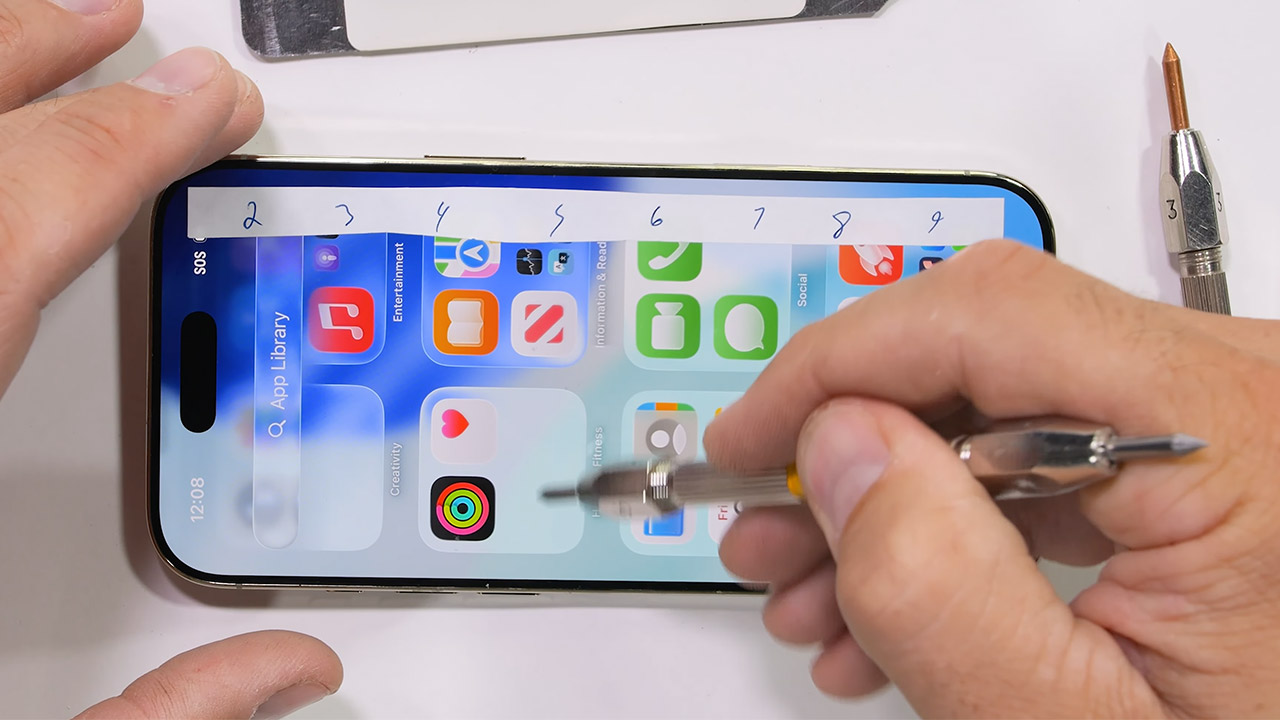
Nelson starts with his classic scratch test, putting the iPhone Air screen to the sword. Most smartphone glass scratches at level 6 on the Mohs hardness scale, but the Ceramic Shield 2 barely flinches. Even at level 7, marks are almost undetectable, beating the Galaxy S25 Ultra’s Gorilla Armor 2 which scratched at level 6 in the same test. Nelson, who is quick to point out Apple’s flaws, admits the screen is a game changer. The back glass with its soft-touch etched finish and polished titanium frame aren’t scratch resistant, but hold up better than expected for such a fancy design.
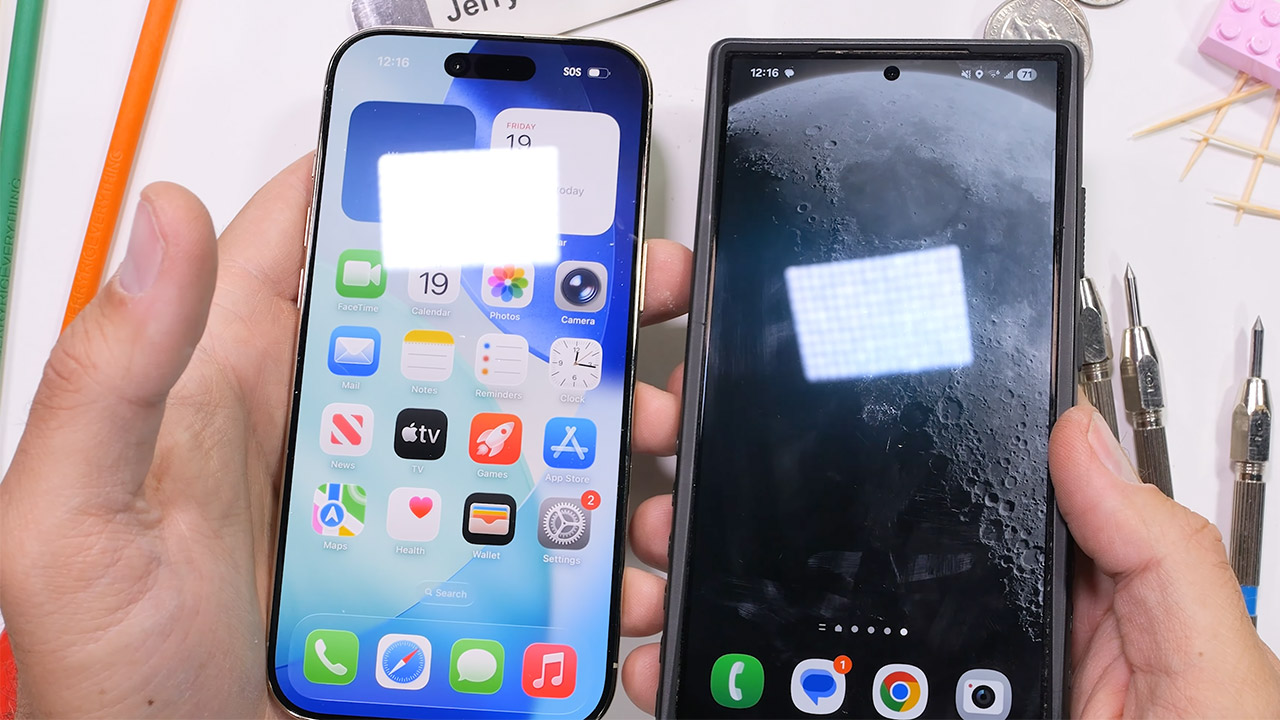
But not everything about the iPhone Air is impressive. Apple claims the display has an anti-reflective coating, but Nelson’s side-by-side comparison with a two-year-old Galaxy S24 Ultra shows a different story. Under high illumination the Samsung screen scatters reflections perfectly, while the iPhone Air displays a blank white rectangle. It’s a rare mistake for Apple whose displays are usually top notch. But the 18-megapixel front camera, shielded by the same Ceramic Shield 2, and the 48-megapixel rear camera molded into a seamless glass visor keep the phone’s optics competitive, despite no wide-angle and telephoto lenses like the iPhone 17 Pro variants.
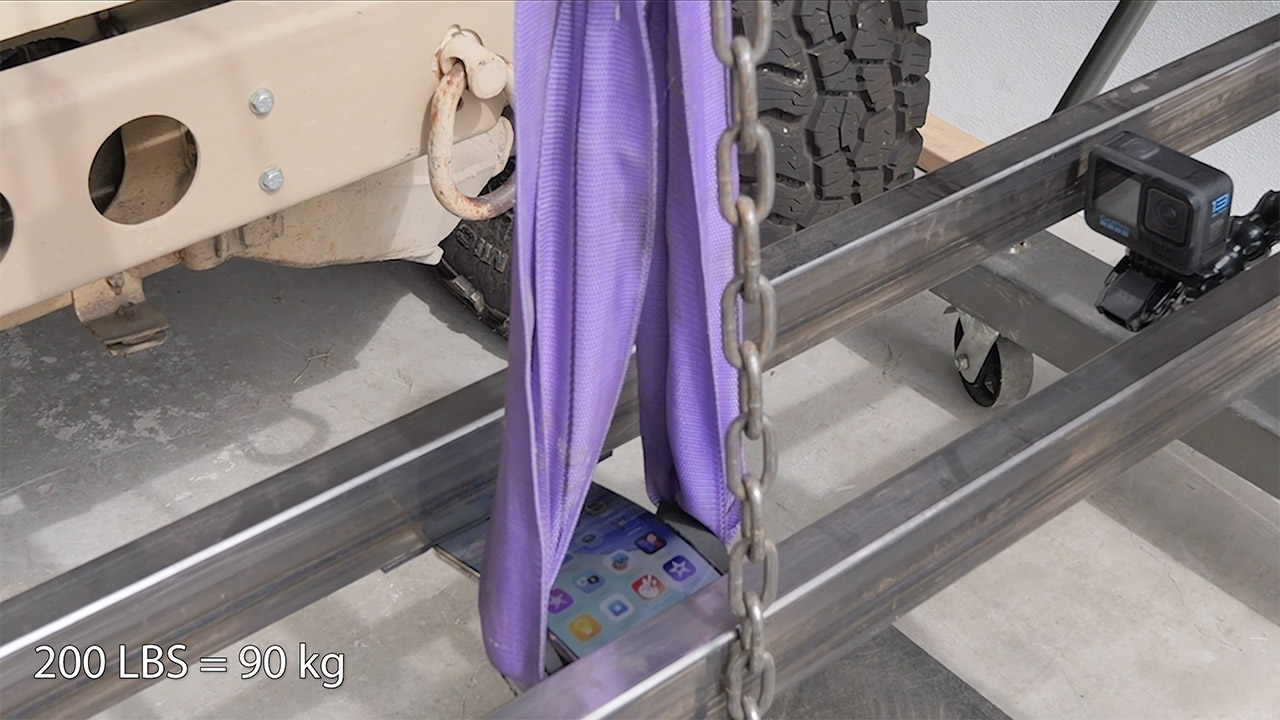
When it comes to the bend test, which had fans holding their breath, the iPhone Air confirms its worth. Nelson’s first try, with both thumbs from behind, produces no movement. Flip to the front and he gets a tiny bit of curvature, but the titanium frame snaps back like a spring. Unlike the iPhone 6 Plus which bowed and stayed bent under much less pressure. Nelson won’t let the phone off easy, so he takes it to his garage and attaches the iPhone Air to a crane scale to see how much force it can take. What’s the result? A whopping 216 pounds of force before the front glass shatters and the frame stretches beyond repair. But the back glass is still intact and the phone still works, so it’s structurally sound.
Apple’s bet on super thin may have backfired, but the iPhone Air emerges from Nelson’s gauntlet as a engineering win. So if you’re considering buying this phone, the message is clear: it’s as durable as it is beautiful and with a little care (or a Dbrand case) it’ll be ready for whatever your pocket throws at it.

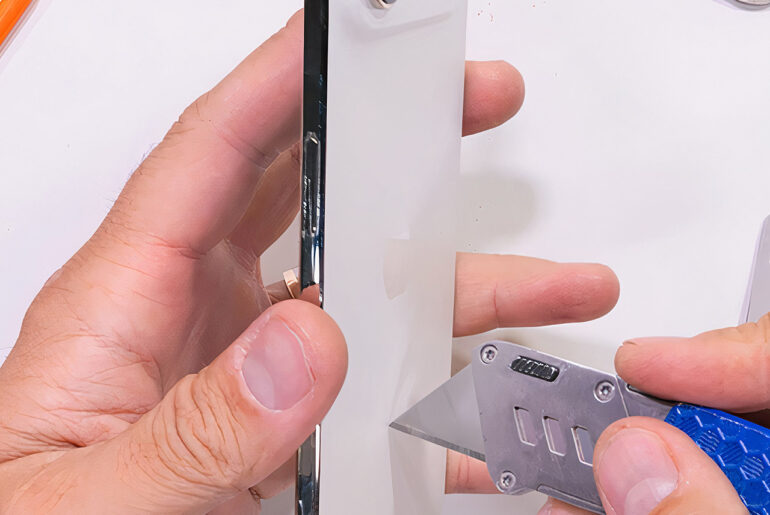
![Spigen for iPhone Air Case, Ultra Hybrid MagFit [TPU Covered Camera Control] [Anti-Yellowing] [Compatible...](https://m.media-amazon.com/images/I/41VTGxhuByL._SL160_.jpg)


